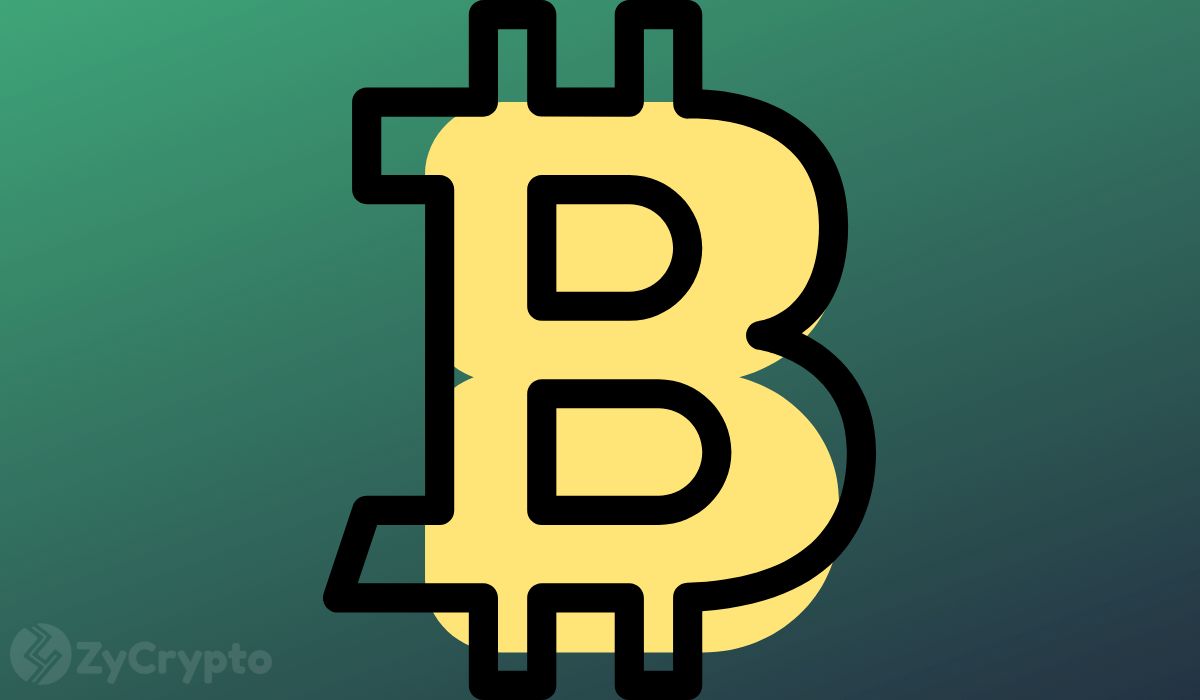Goldman Sachs CEO David Solomon on Bitcoin and the U.S. Dollar
The CEO’s Perspective
Goldman Sachs CEO David Solomon recently made headlines when he stated that Bitcoin is not a threat to the U.S. dollar. In his view, Bitcoin is simply a speculative asset, not a direct competitor to the world’s most dominant fiat currency. Solomon emphasized that while Bitcoin may attract attention as an alternative investment, it does not pose a systemic risk to the dollar.
Regulatory Constraints
Despite his lukewarm stance on Bitcoin, Solomon pointed out that Goldman Sachs is unable to fully embrace the cryptocurrency due to regulatory constraints. The regulatory environment surrounding cryptocurrencies remains uncertain, with authorities worldwide struggling to develop coherent guidelines for the burgeoning market. As a result, major financial institutions like Goldman Sachs must proceed with caution when considering Bitcoin-related activities.
The Future of Bitcoin
Overall, Solomon’s comments shed light on the complex relationship between traditional financial institutions and cryptocurrencies. While Bitcoin continues to capture mainstream attention and investment, regulatory hurdles may slow down its integration into the existing financial system. As the cryptocurrency market matures, it will be interesting to see how institutions like Goldman Sachs navigate this evolving landscape.
Impact on Individuals
For individual investors, Solomon’s remarks suggest that the adoption of Bitcoin by major financial institutions may take longer than anticipated. This could affect the overall perception of Bitcoin as a viable asset class and potentially dampen its price volatility. As regulatory clarity improves, retail investors may benefit from increased institutional interest in cryptocurrencies.
Global Implications
On a global scale, Goldman Sachs’ cautious approach to Bitcoin reflects broader concerns about the stability of the financial system. While cryptocurrencies offer new opportunities for innovation and investment, they also pose challenges in terms of regulation and oversight. As more institutions weigh the risks and rewards of embracing Bitcoin, the global financial landscape could undergo significant changes in the coming years.
Conclusion
In conclusion, David Solomon’s perspective on Bitcoin highlights the nuanced dynamics at play in the cryptocurrency market. While Bitcoin may not pose an immediate threat to the U.S. dollar, regulatory constraints continue to shape the way institutions interact with digital assets. As the regulatory framework evolves and institutions adapt to new market realities, the future of Bitcoin and its impact on the financial world remain uncertain yet full of potential.





